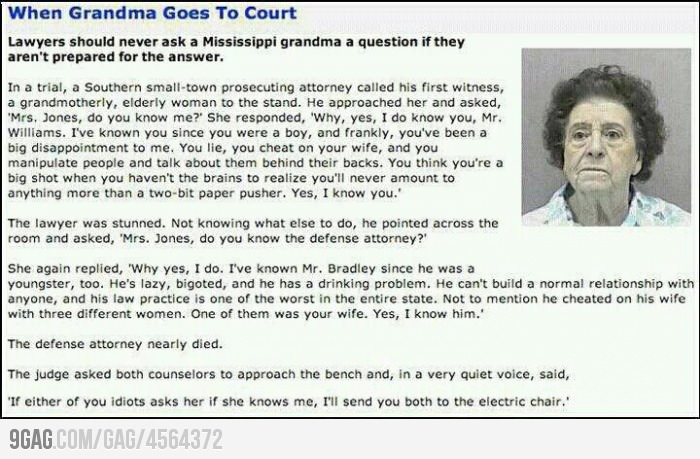The easy explanation of an alibi defense is that the defendant claims he was somewhere else when the crime occurred. To assert this defense in court, the defendant must generally bring forward some proof - a receipt, time-stamped photos, credit card charges, or a witness who saw the defendant. The stronger the evidence that supports the alibi, the more likely such a defense will be successful.
Once the defendant has asserted an alibi defense and put on some evidence of it, the burden shifts back to the prosecution to prove the defendant was the person who committed the crime and was in the place where the crime was committed.
Of course, it is the prosecution's burden of proof to begin with to prove beyond a reasonable doubt that the defendant was the person who committed the crime. However, if the defendant puts on some alibi evidence and the prosecution is unable to rebut it, the defendant may be entitled to an acquittal (a finding of not guilty).
There is of course a big difference between the defendant's mom or wife testifying that he was with her the entire night (the most common alibi evidence), and a security camera capturing the defendant's image miles from the crime scene at the time the crime took place.
I once had a case where the defendant's wife had a long explanation about how she knew the defendant was with her the night of the robbery because they had signed loan documents that night, which were dated. However, it later turned out the robbery occurred the night after the loan documents were signed. The wife still testified her husband was with her that night, but after the passage of over a year, she was unable to bring forward any more specific proof. He was convicted of the robbery.
Get a free eBook revealing the Top 7 Mistakes Made by Writers of Crime, Mystery and Legal Drama.
Also, get a free printable and portable Miranda Card, detailing the Miranda rights as read by the police.



















 RSS Feed
RSS Feed
